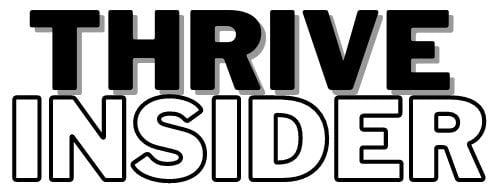The cloud has become the backbone of modern computing, providing businesses and individuals with seemingly limitless storage and computing power. But how do you decide if you should manage your cloud infrastructure in-house or outsource it to a cloud services provider (CSP)?
Here’s a comprehensive list that weighs the pros and cons of both options, breaking down the critical factors you should consider before committing to a cloud strategy.
Managing Compliance
On Your Own
- Pros: You have direct control over compliance regulations, tailoring security measures to meet specific industry requirements.
- Cons: Staying compliant is a complex process, demanding up-to-date legal and technological knowledge.
Hiring a Provider
- Pros: Major CSPs invest heavily in compliance, often surpassing what individual businesses can achieve.
- Cons: Compliance changes are out of your hands, potentially leading to operational disruption if the CSP’s standards don’t align with your industry’s legal framework.
Cost and Financial Planning
On Your Own
- Pros: You have control over your spending, choosing where to allocate resources based on your business’s immediate needs.
- Cons: Forecasting costs can be challenging, as unexpected expenses such as equipment failure or data breaches can have substantial financial implications.
Hiring a Provider
- Pros: CSPs generally offer transparent pricing and can help you with long-term cost projections.
- Cons: Monthly service fees can add up and may rise as your usage increases over time.
Scalability
On Your Own
- Pros: You can scale resources up or down instantly based on demand.
- Cons: In-house scaling requires a substantial initial investment and the ability to predict future usage accurately to avoid under or over-provisioning.
Hiring a Provider
- Pros: Cloud providers offer immediate scalability without significant upfront costs.
- Cons: Rapidly scaling usage can lead to higher bills, and you may be limited by the provider’s infrastructure and policies.
Performance and Uptime
On Your Own
- Pros: You control and can optimize the performance of your cloud services to meet your specific needs.
- Cons: Maintaining high uptime requires constant monitoring and investment in redundancy, which can be costly.
Hiring a Provider
- Pros: Major cloud providers guarantee high uptime and offer service-level agreements (SLAs) to back it up.
- Cons: Despite these guarantees, you are at the mercy of the provider’s infrastructure for meeting performance expectations.
Technical Expertise
On Your Own
- Pros: Building an in-house team allows for deep integration with existing systems, providing a tailored experience.
- Cons: Recruiting and retaining top talent is challenging, and skill gaps can lead to security and performance issues.
Hiring a Provider
- Pros: CSPs offer the expertise of their entire organization, typically with constant professional development and training.
- Cons: Though you’re not directly responsible for maintaining this expertise, you also don’t have direct control over it.
Data Security and Privacy
On Your Own
- Pros: Direct oversight of your data can provide peace of mind for security and privacy.
- Cons: Achieving the same level of security as major CSPs is difficult and expensive.
Hiring a Provider
- Pros: CSPs invest in state-of-the-art security measures that are typically more robust than those of individual companies.
- Cons: High-profile breaches can result in the loss of customer trust, and you’re entrusting your data to a third party.
By thoroughly considering these factors, you’ll be well on your way to making an informed decision about your cloud strategy. Remember, it’s not just about picking a solution; it’s about choosing the one that aligns with your business goals, capabilities, and long-term vision.







More Stories
How to Get a Restful Night’s Sleep: Tips for Exhausted Moms
Car Wash Tips: How to Effectively Wash Your Car
Cyber Hygiene 101: Simple Practices for a Secure Digital Life